Societal value: “Would red cabbage surprise a rabbit?”
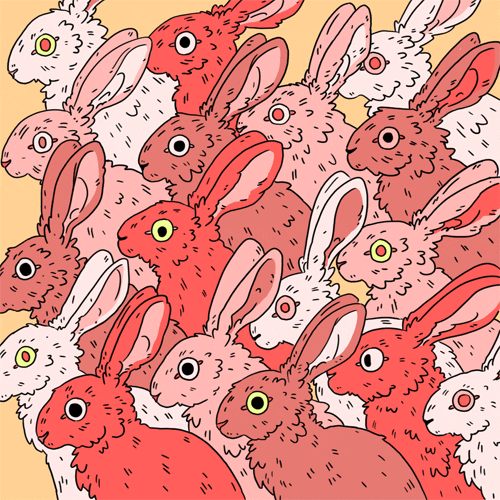
Universities and researchers are expected to contribute to society with their knowledge and by creating societal value. And for that to happen, societal value should be a career-promoting criterion, argues the Head of the Department of Marketing at CBS, Adam Lindgreen. In a new co-authored editorial, he proposes why societal value is important and how it can be defined, identified, and measured.
Society – with its politicians, practitioners, research foundations, and citizens – is demanding that researchers descend from their ivory towers and explain what they are doing with taxpayers’ money. Society wants to see results and solutions that benefit not only the researchers who wrote the article, but the economy, the environment, and the society with its culture, policies, health, and quality of life.
Adam Lindgreen, Professor and Head of the Department of Marketing, agrees with such demands and, in a new co-authored editorial, he suggests how to define, identify, and measure societal value in research.
“With billions of kroner spent on research, it’s fully legitimate for society to ask for societal value in return. We’re not going to get away from this, and we shouldn’t,” he says and continues:
“More often than not, universities abroad have societal value as part of their raison d’ȇtre, but CBS has societal value as a part of its strategy. We cannot have a university that pulls back and does not create societal value. And so we need documenting what we contribute to society.”
In the editorial, published in Industrial Marketing Management, Adam Lindgreen and his co-authors identify a variety of activities that can lead to societal value and how to measure it.
For example, societal value can be achieved through conducting top-notch research and disseminating this through publications and interviews; delivering education at bachelor level through to executive level; creating spin-offs based on research insights; joining government committees; or collaborating with business practitioners.
But how does one go about measuring the impact of such activities?

(Illustration: Shutterstock)
The editorial suggests that when it comes to teaching, evaluations – by students and peers – are the way forward. In terms of collaborations with business practitioners, one could look at whether a real-life business problem has been solved. And for society at large, Adam Lindgreen suggests a similar test:
“Do we observe changes in behavior among citizens, for example, healthier eating habits or less consumption?”
He provides an example from his own research.
“The company Philips wanted to understand and ‘manage’ its customers better. So in collaboration with a master’s student, I set up a project that eventually identified 10 areas the company should manage in order to break down its arm’s length relationship to its customers and bring them closer to the company,” he says and continues:
“The research based on this project was published in an academic journal, and was a welcome boost for the company. The research findings were mutually beneficial.”
And conducting research that will have societal impact most often boils down to one ingredient, argues Adam Lindgreen.
“Making original and excellent research is the Alpha and Omega for a university. If the starting point is excellent research, it’s easier to achieve and communicate the societal value of one’s research, I believe.”
“Of course, you have academic journals that are more interested in the theoretical aspect of things, which is acceptable – to some extent. But, if you ask questions like ‘would red cabbage surprise a rabbit?’ such questions are very theoretical, but does the answer to those questions have any applicable relevance? No.”
More value for society
There are several reasons why researchers and universities have begun producing research and knowledge with the aim of creating societal value, according to the new editorial.
For example, global challenges in society – such as climate change, emigration and immigration, human health and national security – demand input from experts and scholars working with a big-picture mindset.
If societal value can become part of the REEAD model, it’s really hard to question the importance of striving for and creating it
Adam Lindgreen
To support a societal-value agenda, Adam Lindgreen thinks that societal value should be a well-integrated means for evaluating and promoting researchers.
To date, CBS has had no way of measuring its societal value. Yet, the strategy specifies that a means of achieving this should be drawn up. Adam Lindgreen suggests that societal value should become part of the CBS REEAD model, which stands for Research, Education, External funding, Academic citizenship and Dissemination (see fact box), and should be used to evaluate researchers for recruitment and promotion.
“If societal value can become part of the REEAD model, it’s really hard to question the importance of striving for and creating it. Then it’s clear to everyone that societal value is being taken seriously. And that’s a smart move, as researchers care a lot about their careers,” he says.
And that is not the only way to make societal impact an important factor for research, says Adam Lindgreen.
He suggests that CBS should award a prize for research with the ‘best’ societal value, and he also believes CBS would gain a lot from creating a media outlet like Harvard Business Review.
Harvard Business Review stands out from other traditional academic journals by publishing pieces that are accessible to students and business practitioners. The pieces are not written like typical academic papers, but with applicability in mind.
“Why don’t we have something like it? Copenhagen Business Review or something similar. That would be great,” says Adam Lindgreen, who has discussed the idea of such a journal with the implication group on research, funding and relevance, of which he was a member, and argued that such a journal could promote CBS to politicians, practitioners, and citizens.
However, what Adam Lindgreen really hopes is that CBS will follow the example of Cardiff University in Wales.
“Cardiff University publishes an annual societal value report. I believe we could easily have something like that at CBS. Such a report would make it explicit for ourselves and others that societal value is something we care about, and this is where we have a lot to offer. Just like having a sustainability report. Better start sooner, rather than later,” he says.



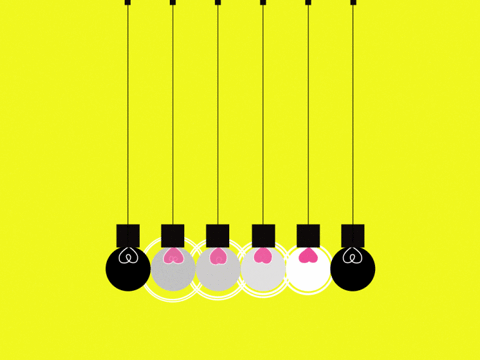
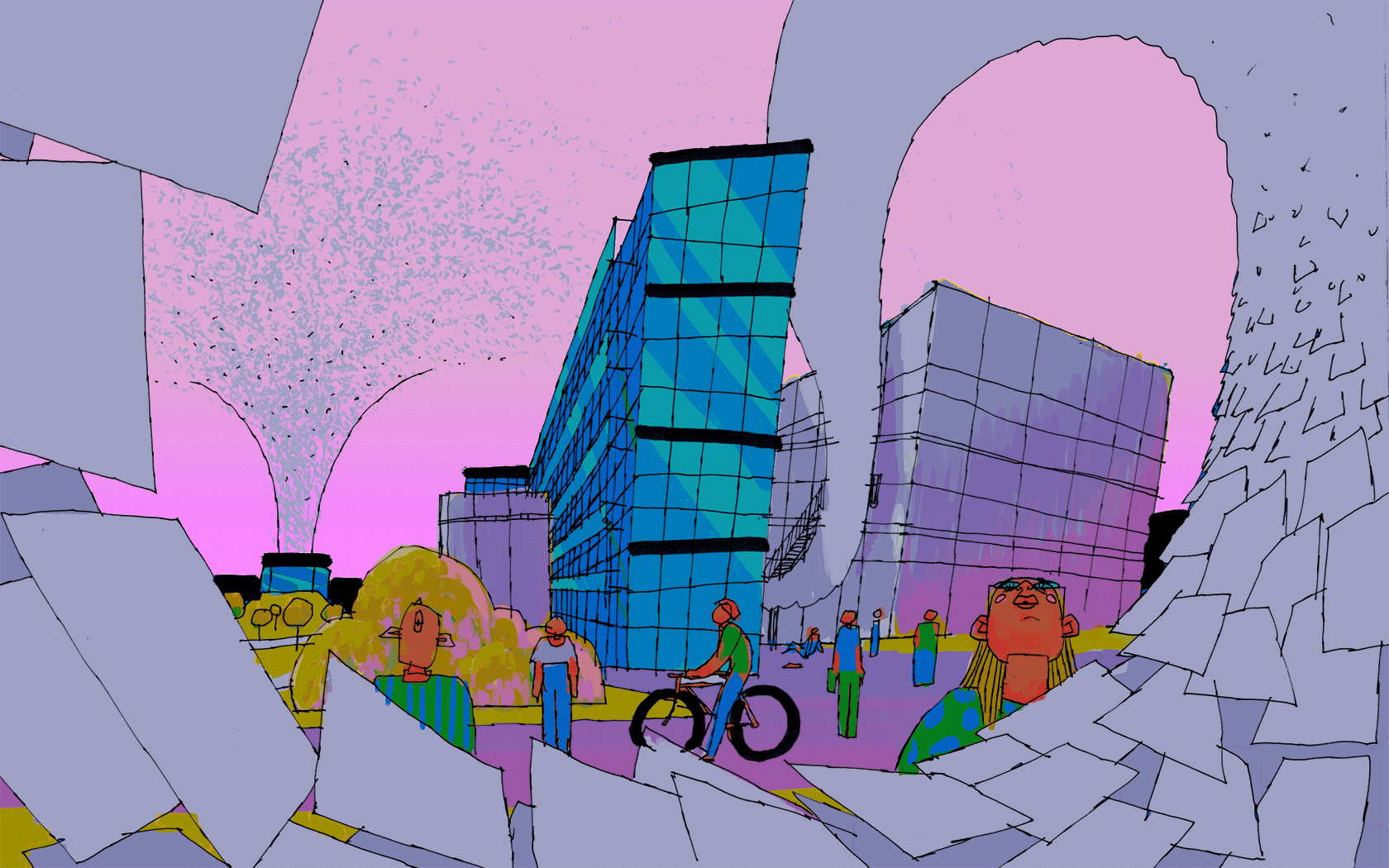
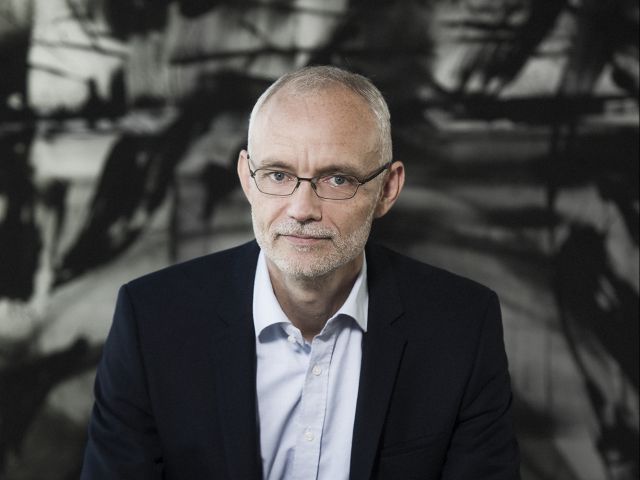
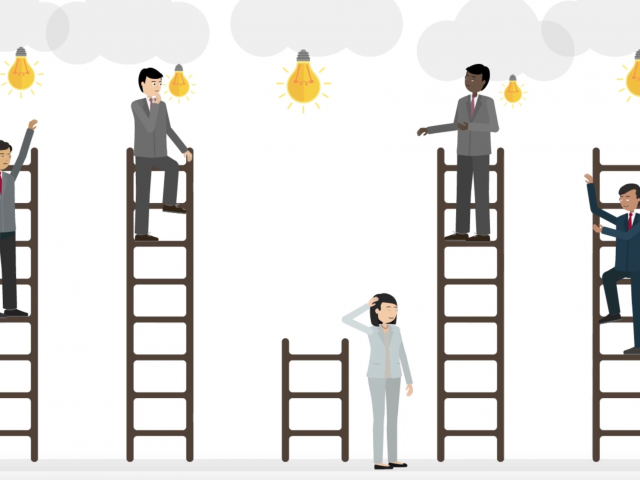
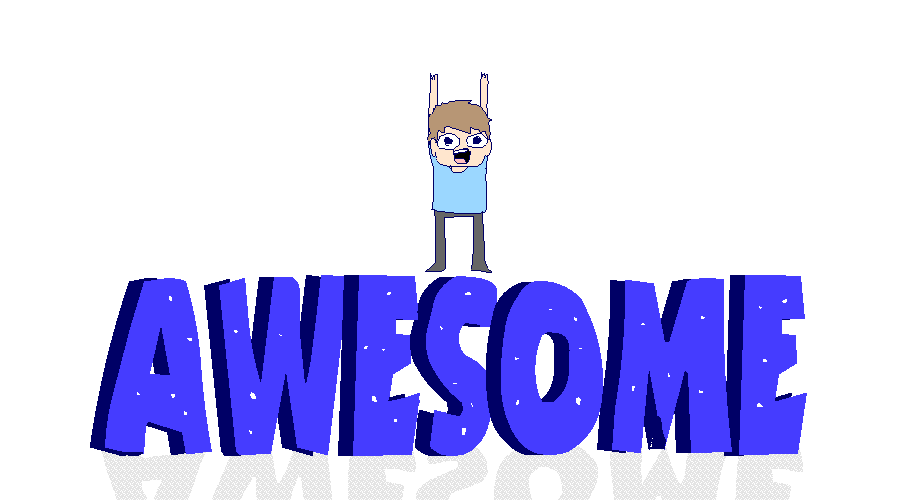





























































































































Comments